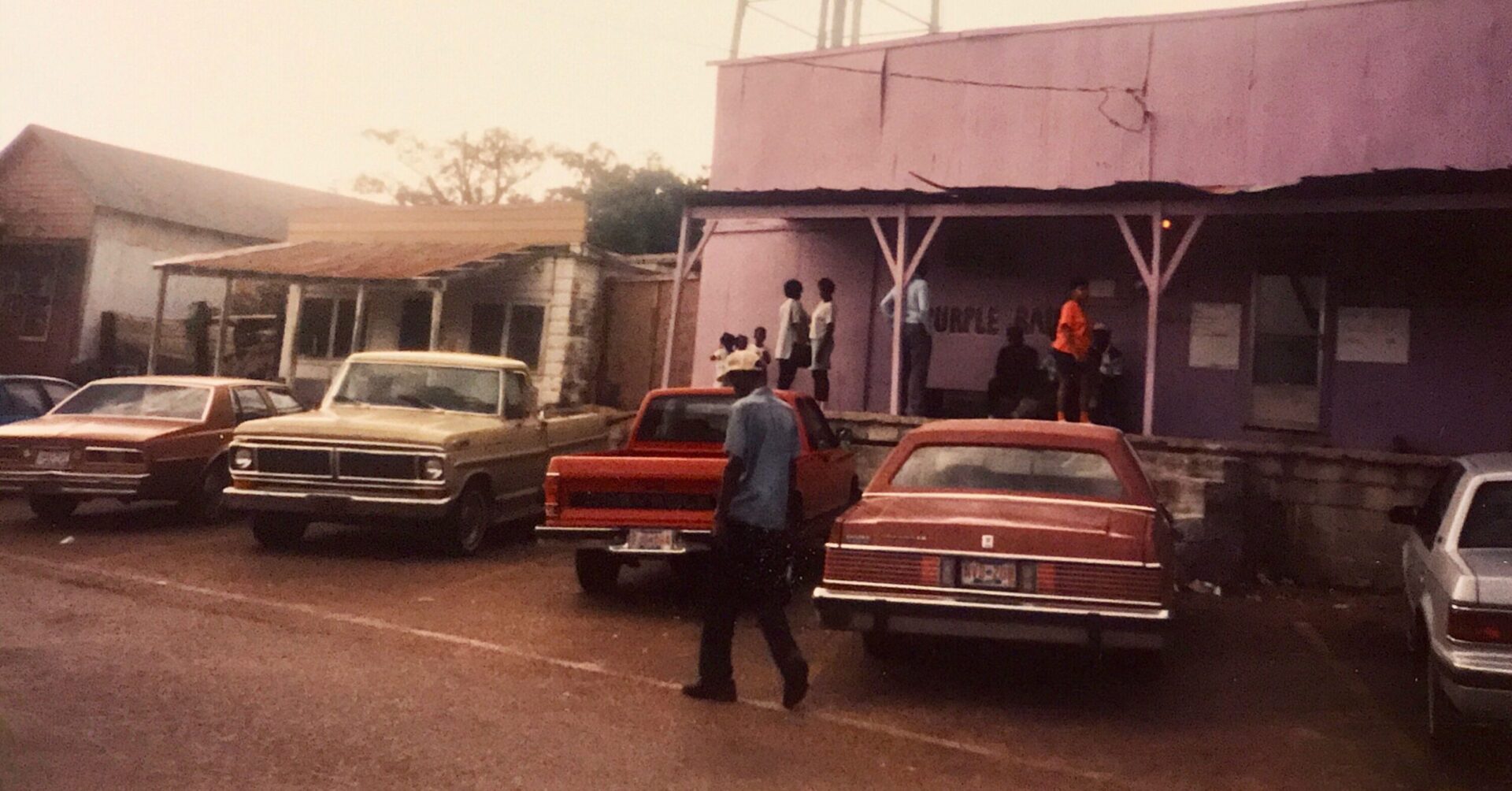









































































































































New Orleans’beloved Jazz Fest celebrates the wide diversity of New Orleans music, but the Memphis equivalent, the Beale Street Music Festival generally does not feature Memphis’ musical culture or history, despite the occasional appearance of a big Memphis or Mid-South act, such as Yo Gotti or the North Mississippi All-Stars. So people who want to delve deeply into the musical culture of Memphis and the surrounding area must look elsewhere, and fortunately, there is a festival geared particularly to the indigenous music cultures of the Mid-South, the Memphis Music and Heritage Festival. Founded in 1982 by a non-profit called the Center for Southern Folklore, the festival is a free event across two days and six downtown Memphis stages (four of them outdoors) where the best in local soul, blues, jazz, gospel, bluegrass, indie rock, fife-and-drum music, majorettes and drumlines are presented. The line-up is always surprising and enjoyable, but this year’s Saturday schedule involved a number of artists from the Mississippi Hill Country, including veteran Como bluesman R. L. Boyce, who recently released his third album Roll & Tumble on the Waxploitation label out of California, who was joined by guitarist Luther Dickinson at the Center for Southern Folklore stage. The highlight was a song that Boyce improvised on the spot for the victims of the flooding in Houston, entitled “We Can’t Drink This Water.” Young up-and-comer Cameron Kimbrough, a grandson of the late Junior Kimbrough, performed on the same stage with drummer Timotheus Scruggs and some assistance on tambourines from his mother Joyce Jones and R. L. Boyce’s daughter Sherena. Jones, affectionately known as “She-Wolf”, was herself featured with her band on the Gayoso Stage later in the day, performing several of her original songs, including “Poor Black Man” and “Juke Joint Party”, and Sharde Thomas, granddaughter of the late Otha Turner, performed with her Rising Star Fife and Drum Band on the large Peabody Place stage to a decent-sized crowd. These were just a handful of the hundred or so artists that performed each day on the various stages, and while the donation cans were passed around frequently, there were no VIP areas, no fenced-in areas, and no stages requiring tickets or wristbands. A day spent at the Memphis Music and Heritage Festival will immerse you in the diverse cultures of the people of Memphis and the Mid-South.
